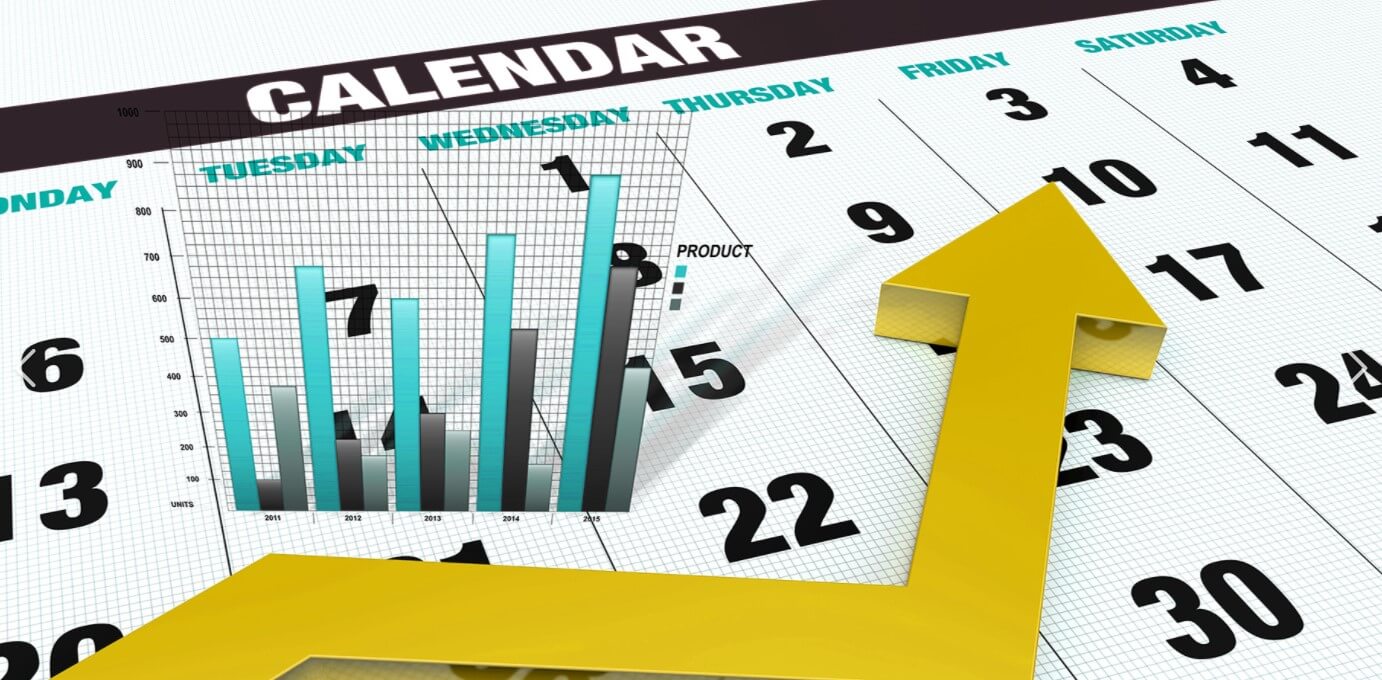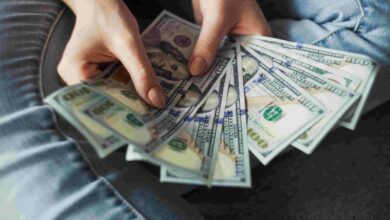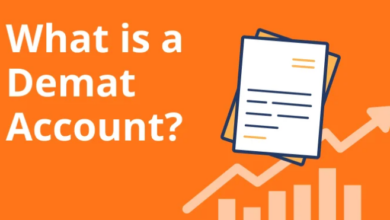
An economic calendar is a tool that can be used when trading to help you make informed decisions about your investments. It provides information about upcoming economic events, including data releases, speeches, and other important announcements. Using an economic calendar, you can stay up-to-date on the latest news and make more informed choices about your trades. This blog post will discuss how to use an economic calendar when trading Forex markets.
Economic calendar explained
- An economic calendar is a tool that allows traders to stay up-to-date on important economic releases. Some examples of economic events that can affect the stock market are Gross Domestic Product (GDP), Consumer Price Index (CPI) and Non-Farm Wage Report. Given the current economic landscape and regular central bank intervention, it can be very helpful to know when the next major news release or central bank meeting is.
- Events are ranked as low, medium, or high based on how much they will affect the market.
- The economic calendar can help traders predict future economic events and the potential expansion of specific currency pairs.
- The value of a country’s currency is a representation of that nation’s stability. In other words, a nation’s economic indicators will affect the value of its currency. Because each foreign exchange includes two currencies, it can represent the market attitude for the countries from which those currencies are.
Benefits of using an economic calendar
There are several benefits of using an economic calendar when trading Forex markets. Some of the top benefits include:
- Staying up-to-date on upcoming economic events: An economic calendar provides information about upcoming economic events, including data releases, speeches, and other important announcements. Using an economic calendar, you can stay up-to-date on the latest news and make more informed choices about your trades.
- Predicting future economic events: The economic calendar can help traders predict future economic events and the potential expansion of specific currency pairs. This information can help make informed investment decisions.
- Gauging market sentiment: A country’s currency’s value reflects that nation’s stability. In other words, a nation’s economic indicators will affect the value of its currency. Because each foreign exchange includes two currencies, it can represent the market attitude for the countries from which those currencies are. By keeping track of upcoming economic events, you can better understand how the market feels about a particular country or region.
- Determining appropriate trading strategies: By staying up-to-date on upcoming economic events, you can develop appropriate trading strategies for various market conditions. For example, if you know that a major data release is coming up, you may consider trading in a particular direction leading up to the event.
- Avoiding unnecessary risk: Trading during periods of high volatility can be risky and lead to losses if you are not prepared. Using an economic calendar can help you avoid trading during periods of high volatility by giving you a heads-up on when major news releases are scheduled. This way, you can plan your trades accordingly and minimize risk exposure.
- Being able to plan: An economic calendar is a great way to stay ahead. For example, if an informal payroll report is mandated to be issued, traders will know there is a significant potential for the market to move. Consequently, traders can best plan when to do their foreign exchange transactions by monitoring the times.
What you should know when using an economic calendar
An economic calendar can be a beneficial tool when trading Forex markets. You can develop appropriate trading strategies for various market conditions by staying up-to-date on upcoming economic events. For example, if you know that a major data release is coming up, you may consider trading in a particular direction leading up to the event. Additionally, you can avoid trading during periods of high volatility by keeping track of upcoming economic events.
Economic indicators
An economic indicator is a number that tells you how well an economy is doing. People who trade stocks use economic indicators to determine how well a country is doing and predict how well it will do in the future. Quarterly GDP figures are an example of an economic indicator. They tell you how well the economy has done over the past three months compared to previous years. How well the US economy does affects stock prices.
Monetary policy
Monetary policy is the process by which central banks or other authorities decide how much money should be in the economy. This can be achieved by altering interest rates. Central banks or financial authorities meet several times yearly to review market conditions and decide about monetary policy. This important decision will be announced after the scheduled meetings in the economic calendar.
Conclusion
Traders can use economic calendars to keep up-to-date on upcoming data releases. Such information can help you stay ahead of the market, develop appropriate trading strategies and avoid unnecessary risk exposure. An economic calendar is a great way to plan your trades and make more informed investment decisions.






